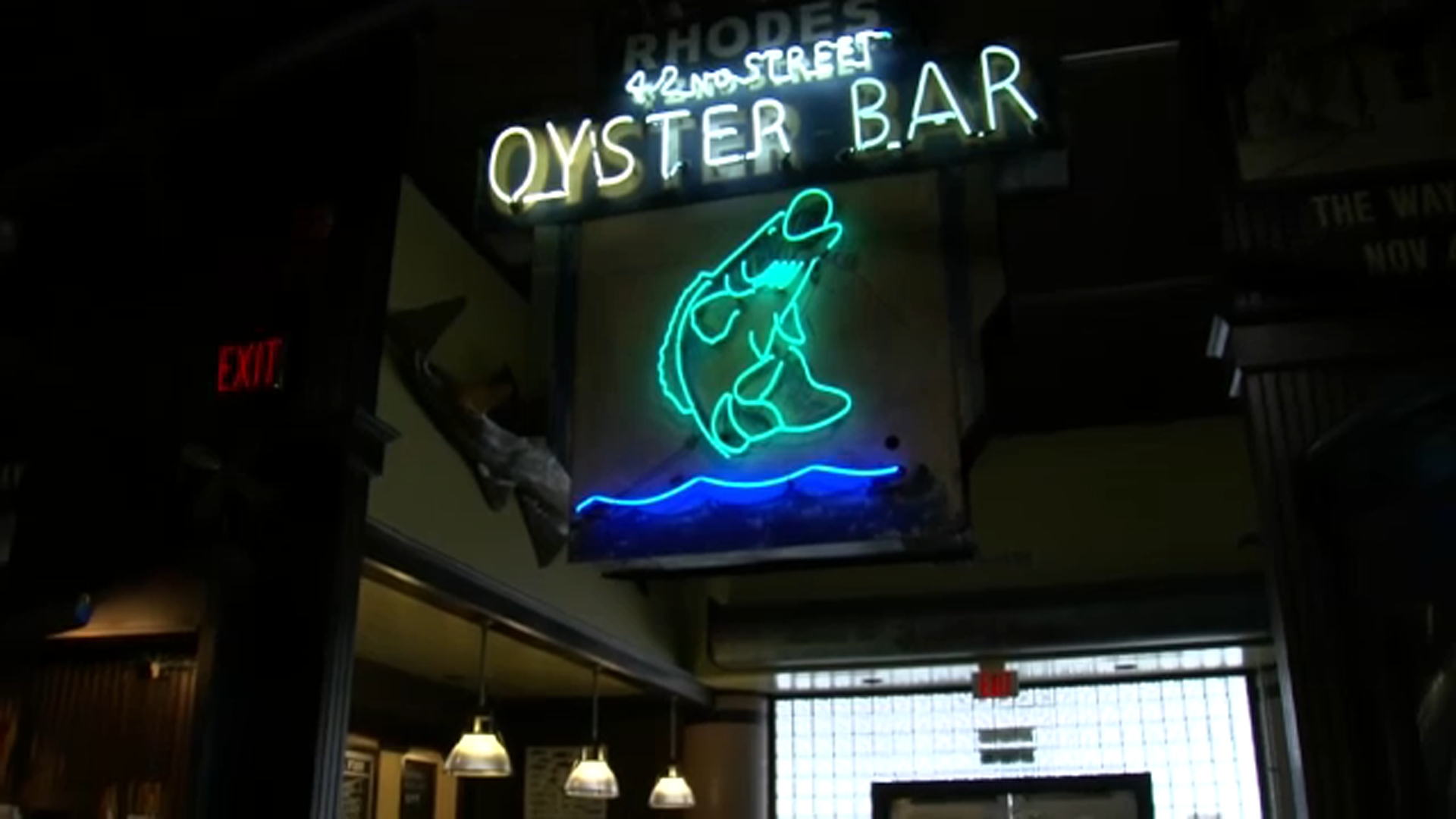Booker T. Spicely's murder in Durham revisited by NCCU Law School

DURHAM, N.C. (WTVD) -- It was four days after Independence Day in the summer of 1944 when U.S. Army PVT. Booker T. Spicely was gunned down in the middle of Durham.
The killer was a white bus driver who shot Spicely after the Black man refused to give up his seat to a white passenger.
The story was lost to history until recently. Now, there are plans for a state historical marker, and NC Central University hosted a special symposium revisiting Spicely's killing
It happened near the intersection of Broad Street and Berkeley Street, 79 years ago: July 8, 1944.
"It really strikes me, in a certain way, that an American soldier would die that way on American soil," said Stephen Valentine, the director of NCCU's Veterans Law Clinic.
PVT. Spicely was based at nearby Camp Butner during World War II. He was visiting friends in Durham's Hayti neighborhood that weekend.
Jim Crow was the racist law of the South at the time. And on the Duke Transport bus ride back to Camp Butner -- Spicely took a seat near the back of the bus. But when a group of white soldiers boarded, bus driver Herman Council, ordered Spicely to the very back.
"I thought I was fighting this war for democracy," Spicely reportedly argued. "We are both wearing the same uniform."
At NC Central's recent Booker T. Spicely symposium, attorney James Williams revealed what happened when PVT. Spicely exited the bus.
"(Spicely) got off from the rear. Herman Council got off from the front; confronted him and shot him twice in the chest; and then boarded the bus and drove off as if he had done nothing wrong! As if his dastardly deed was an honorable thing to do. But that's Jim Crow. That's white supremacy," said Williams who serves as chair of the NC Commission on Racial and Ethnic Disparities.
The Black Army private was bleeding and dying, just minutes away from Watts Hospital -- now known in Durham as the NC School of Science and Mathematics. But back then, the hospital was whites only.
"Spicely was denied medical care," Valentine detailed. "They told him no."
He later arrived dead at Duke Hospital. Council was later arrested and charged with murder, Duke Power paid his $2,500 bail.
ABC11 spoke to Spicely's second cousin, Cynthia Mitchell via Zoom from Virginia.
"I didn't find out about Booker, the story until my mom mentioned it to me. I think I may have been in maybe high school," Mitchell said.
The deadly racial violence her cousin endured in Durham was not often talked about in her family. But she knows how it ends: Herman Council was tried for second-degree murder. He claimed he shot Spicely in self-defense.
An all-white Durham jury sided with the driver.
"Once it went to the jury, it took the jury 30 minutes. to acquit Herman Council," Valentine said. "He walked away."
Council went back to his bus driving job at Duke Power. He died in 1983.
"He had murdered my cousin, and he was just living a good old life like nothing happened," Mitchell said. "And that's the thing that bothers me now,"
Last year, a newly-formed Booker T. Spicely Committee convinced Duke Energy, the successor to Duke Power, to endow a $100,000 scholarship named for Spicely to be awarded to NC Central law students.
The committee also led efforts to have a state historical marker which tells Spicely's story placed near at Broad Street and West Club Boulevard, not far from the old Watts Hospital.
The marker is set to be unveiled December 1.








